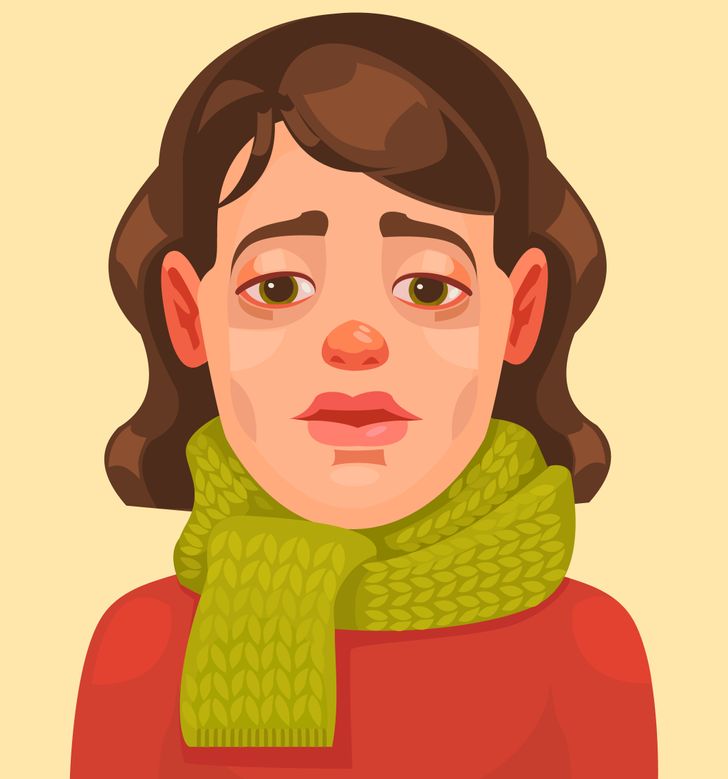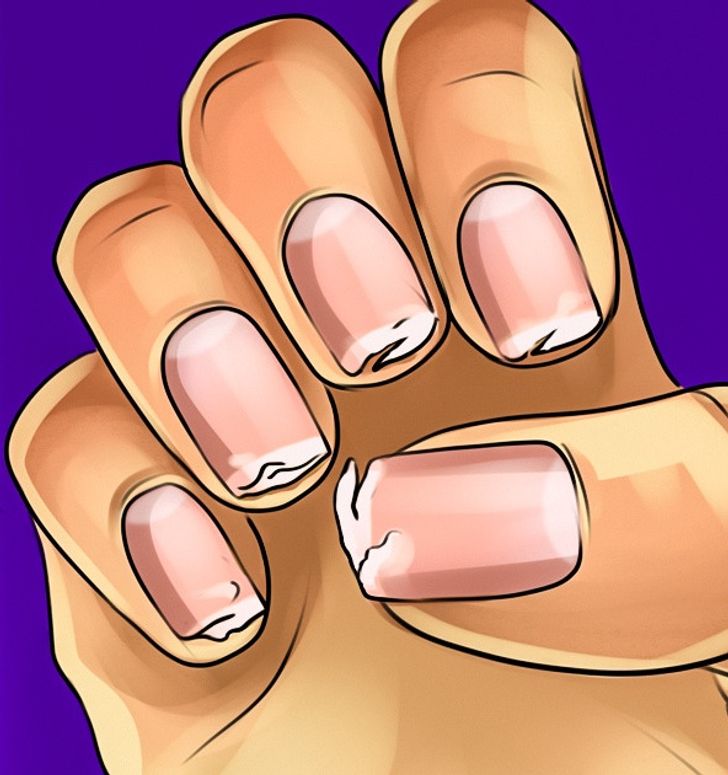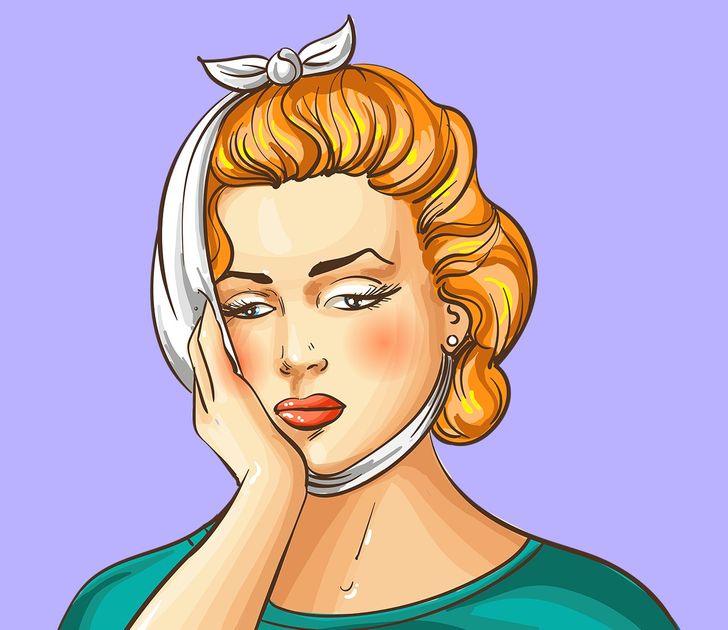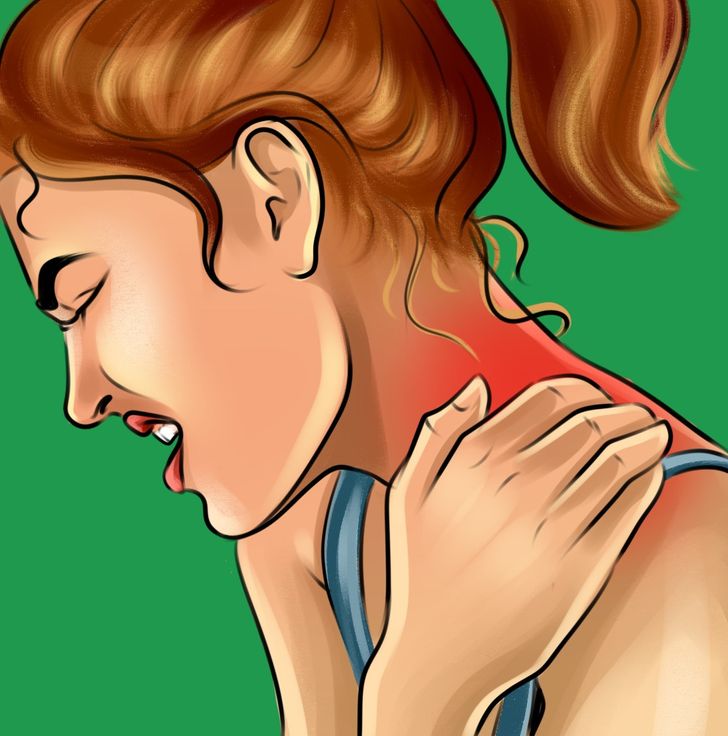Calcium plays an important role in maintaining a
healthy immune system as it helps your body battle against viruses and bacteria. A deficiency of calcium reduces your body’s resistance against pathogen attacks and as a result, you’ll
fall sick, get colds, cough, and sneeze more often.
4. Brittle nails
Like your bones, your nails also need a certain amount of calcium to maintain their integrity. So when you suffer from a calcium deficiency, your nails become
excessively dry, weak and prone to peeling and splitting.
Weak nails are not thick enough to withstand any impact, and they may often break during the simplest everyday activities.
3. Difficulty swallowing
Although it may sound rather surprising, calcium deficiency can also lead to
dysphagia — or difficulty in swallowing. This feeling of tightness is caused by poor contractions of the muscles in your throat. In severe cases, it may even lead to
spasms in the larynx and unusual voice changes.
2. Toothaches
The vast majority of calcium in your body is
stored in your bones and teeth, so they are usually the first to suffer from calcium deficiency. Due to the lack of this vital element, your
teeth may start to turn yellow, decay and hurt. Besides that, your risk of suffering from a periodontal disease may also increase.
1. Muscle cramps
Muscle cramps in your thighs, calves, arms, and underarms that mostly occur at night may be one of the early symptoms of a calcium deficiency. Cramps can also be followed by
muscle aches while moving and walking. It may even progress into spasms in muscles all over your body with time.
Bonus: How to treat calcium deficiency
Every adult person should consume around 1000 mg of calcium a day. In order to maintain a proper calcium intake, you should add dark leafy greens like kale, broccoli, turnip greens and collards to your diet. Among other
calcium-rich foods, it’s necessary to eat more fatty fish (salmon, sardines, mackerel, and tuna), cheese, milk, soybeans, almonds, and sesame seeds.
To help your body absorb calcium better, you should also increase your vitamin D intake. This vitamin is found in egg yolks, oysters, shrimp, mushrooms and some fortified foods like cereal, oatmeal, and orange juice.










